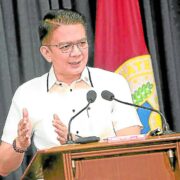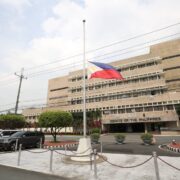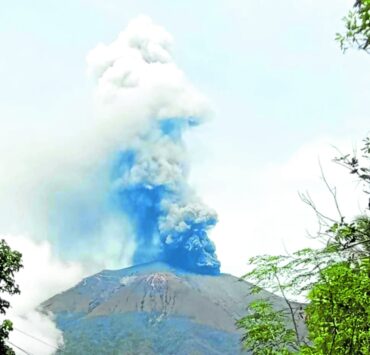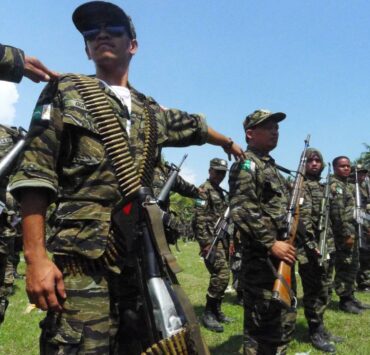SC final ruling: Baguio excluded from ancestral land titling
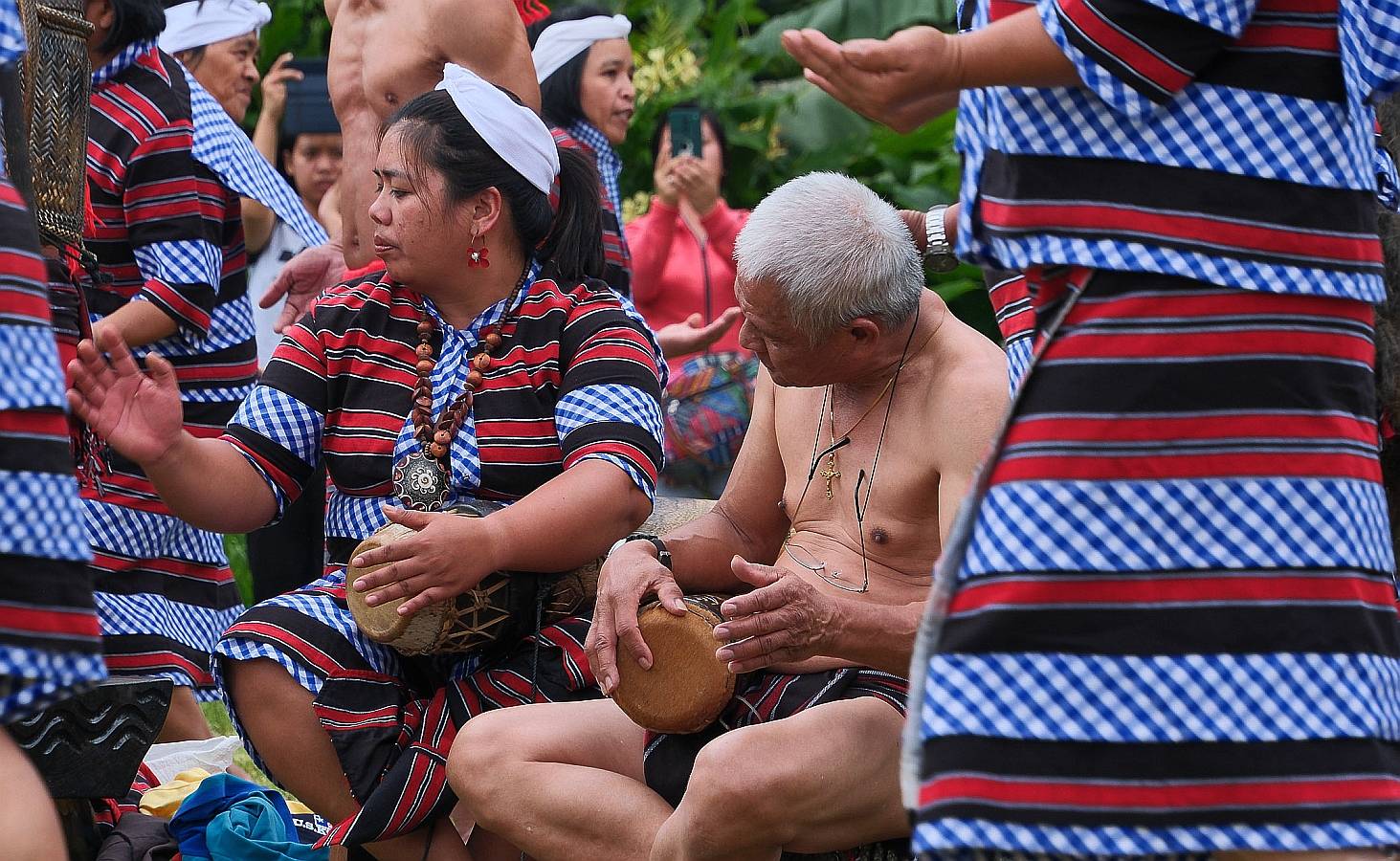
BAGUIO CITY—The Supreme Court (SC) has ruled with finality that the summer capital is excluded from the benefits offered by the country’s only law enforcing indigenous people’s (IP) rights to their ancestral lands.
The Supreme Court, in a decision dated July 30 this year but uploaded only this month on its website, dismissed the motion for reconsideration filed by the National Commission on Indigenous Peoples (NCIP), which hoped to reverse the high tribunal’s July 11, 2023, order nullifying the certificates of ancestral land title (CALT) issued to the heirs of Lauro Carantes, a prominent member of the Ibaloy tribe, the IP of Baguio City.
The Supreme Court ruling cited Section 78 of Republic Act No. 8371 (the 1997 Indigenous Peoples Rights Act or Ipra), a special provision that states: “The City of Baguio shall remain to be governed by its Charter, and all lands proclaimed as part of its townsite reservation shall remain as such until otherwise reclassified by appropriate legislation.”
The 2023 ruling was one of three Supreme Court decisions which said that Ipra does not apply to the mountain city—and by extension its Ibaloy inhabitants, prompting the NCIP and the city council to discuss possible legislative remedies.
On Dec. 21, Mayor Benjamin Magalong said he and several councilors held a dialogue with Ibaloy families to determine the city’s collective stance regarding the Supreme Court decisions.
“The general sentiment is for Baguio Ibaloys to demand government recognition of their rights, which are constitutionally protected,” said Councilor Arthur Allad-iw, who attended the weekend meeting alongside Ibaloy Councilors Peter Fianza, Isabelo Cosalan Jr. and Maximo Edwin Jr.
The Ibaloys also backed a proposal to amend Ipra or to push for a new law that grants Baguio Ibaloys the same rights enjoyed by the rest of the country’s indigenous Filipinos,” Cosalan told the Inquirer.
In a dialogue between city councilors and NCIP Commissioner Gaspar Cayat on Dec. 11, they agreed to push for bills that would grant Baguio’s Ibaloys the same rights and benefits that Ipra provides to other IPs in the country.
The city council and the NCIP are preparing for a joint session to formalize any legal or legislative actions.
‘No further pleadings’
In 1997, Baguio’s Ibaloys had formally objected to but failed to stop the insertion of the Baguio exemption clause when Congress deliberated House Bill No. 9125 (the final version of the Ipra measure), which discriminated against the city’s Ibaloys.
The Supreme Court resolution last July said “no further pleadings or motions shall be entertained” with regards to its 2023 order voiding the Carantes family’s CALTS covering five indigenous land parcels within Baguio’s Forbes Park that was designated a forest reservation by Proclamation No. 10 in 1924.
“In the July 11, 2023, decision, this Court held that Baguio City is exempted from the coverage of Ipra as Section 78 of the law provides that Baguio City is governed by its own charter [and] consequently, the claim of the heirs of Carantes over properties within Baguio City may not be recognized by Ipra,” said the en banc resolution penned by Senior Associate Justice Marvic Leonen.
Leonen, however, added: “It bears stressing that Baguio City is exempted from the coverage of Ipra except for native title, that is, ownership since time immemorial where the indigenous peoples are in open, continuous, and actual possession of the land up to the present.”
It was a reference to the landmark ruling of the United States Supreme Court in 1909 which recognized the “native title” of Ibaloy rancher Mateo Cariño over lands sequestered by the American military after the colonial government designed and built Baguio.
These lands are part of today’s Camp John Hay, a former American rest and recreation base land that has been transformed into a special economic zone managed by the Bases Conversion and Development Authority.
The “Native Title Doctrine,” also known as the Cariño Doctrine, was the basis for policies and laws recognizing IP rights, such as Ipra and the protections granted to IPs in the 1987 Constitution. Leonen, who also penned the Supreme Court decisions on July 11, 2023 and on April 26, 2023, described the Native Title as “preconquest rights to lands and domains which, as far back as memory reaches, have been held under a claim of private ownership [by the IP], have never been public land, and are thus indisputably presumed to have been held that way since before the Spanish conquest,” as defined by Ipra.
‘[But] as this Court stated in the assailed judgment “indigenous people may establish their ownership over their lands by proving occupation and possession since time immemorial … It is important to note that what is needed for a claim of native title to prevail is proof that the indigenous peoples are in open, continuous and actual possession of the land up to the present,” the Supreme Court said.
This was not the case for the Carantes heirs, the high tribunal pointed out.









